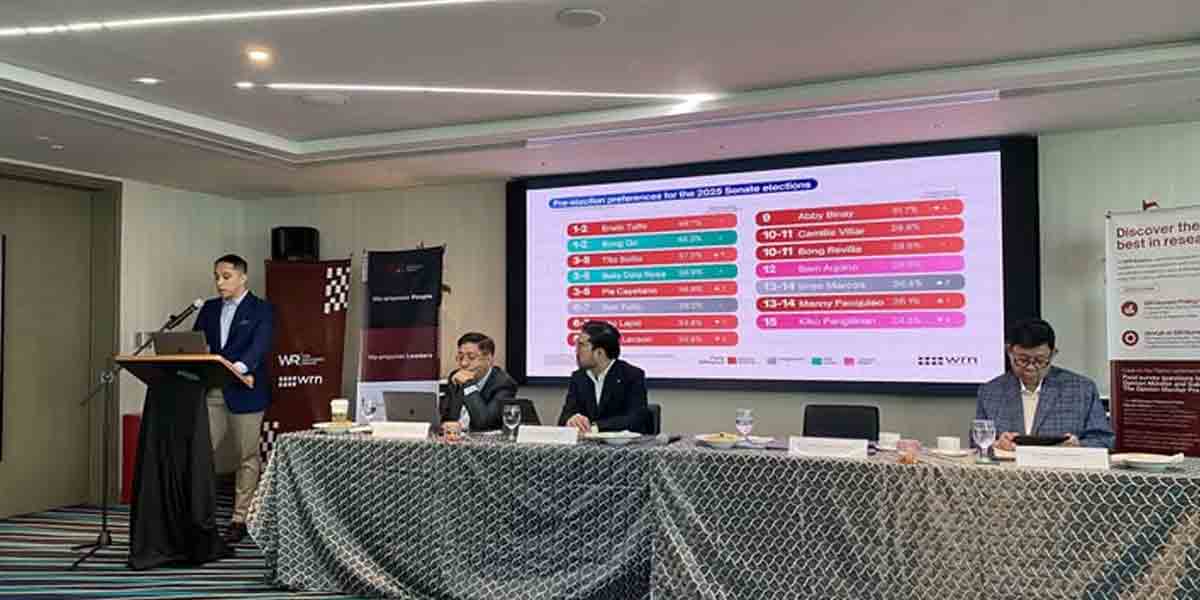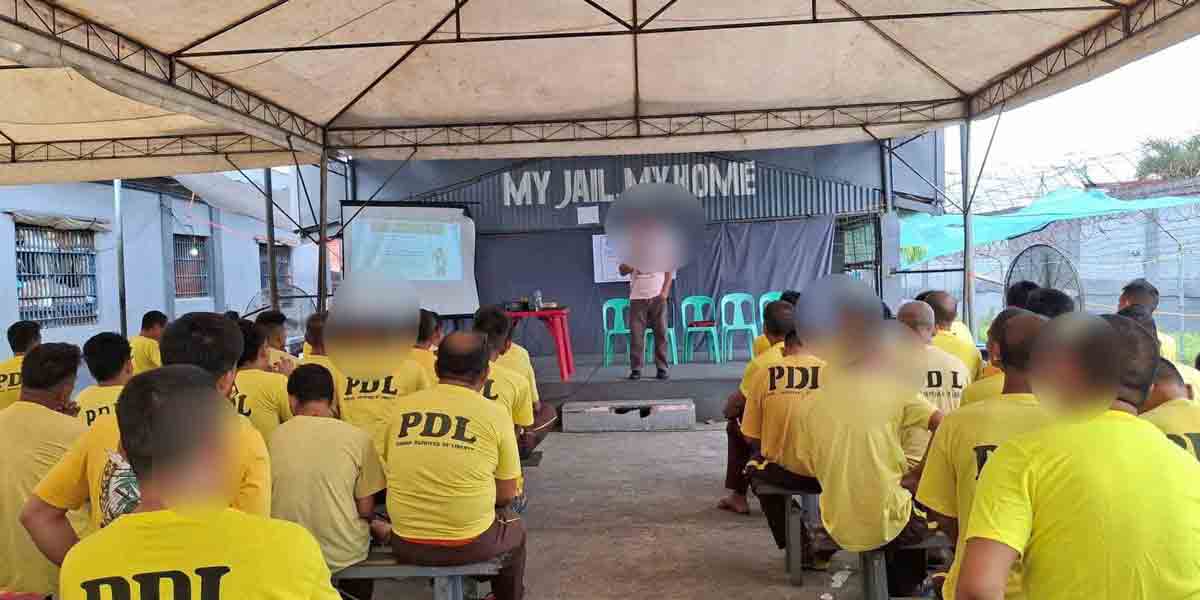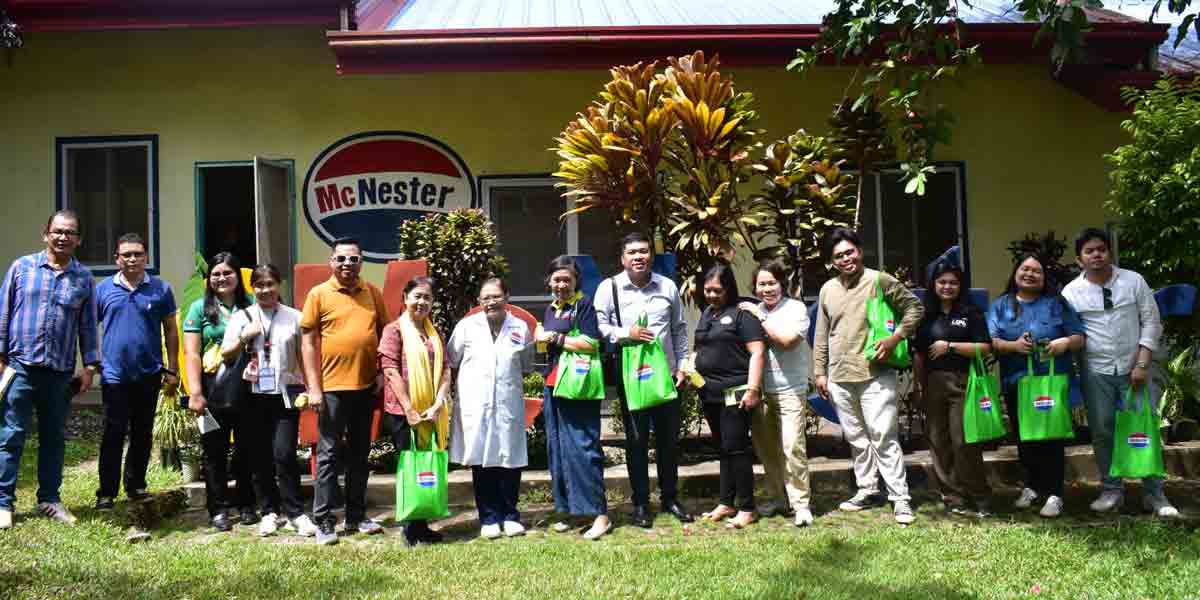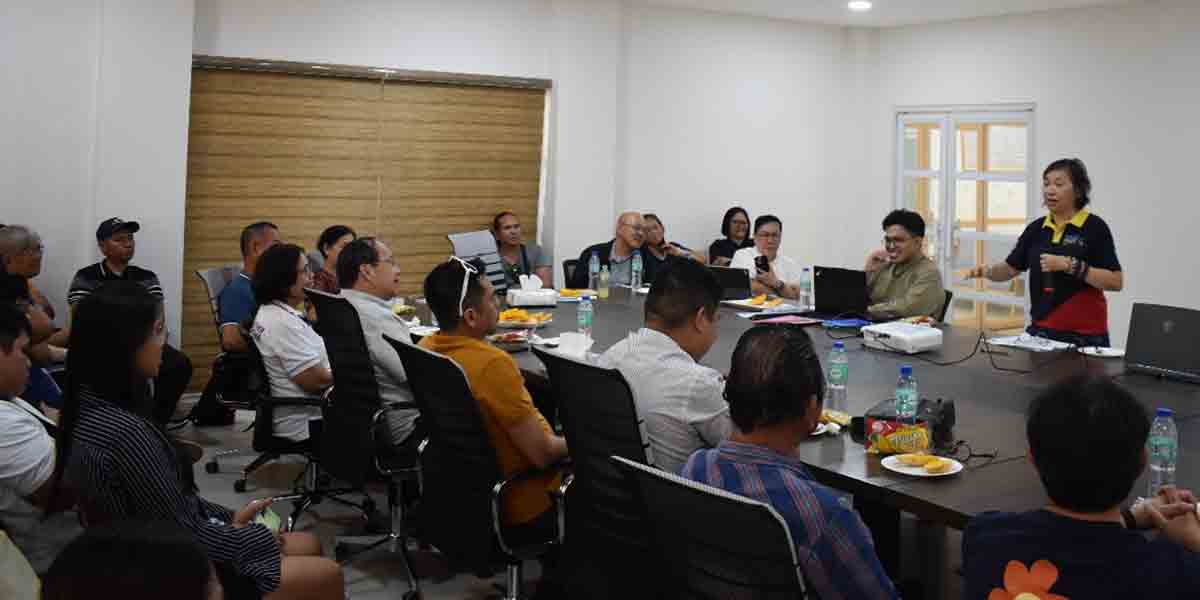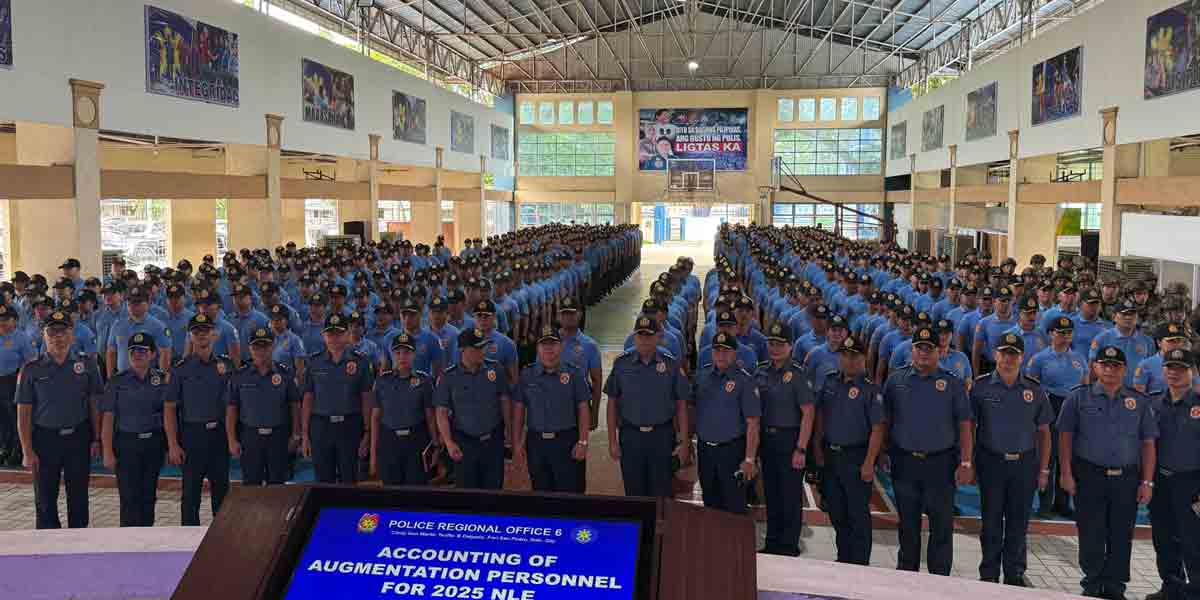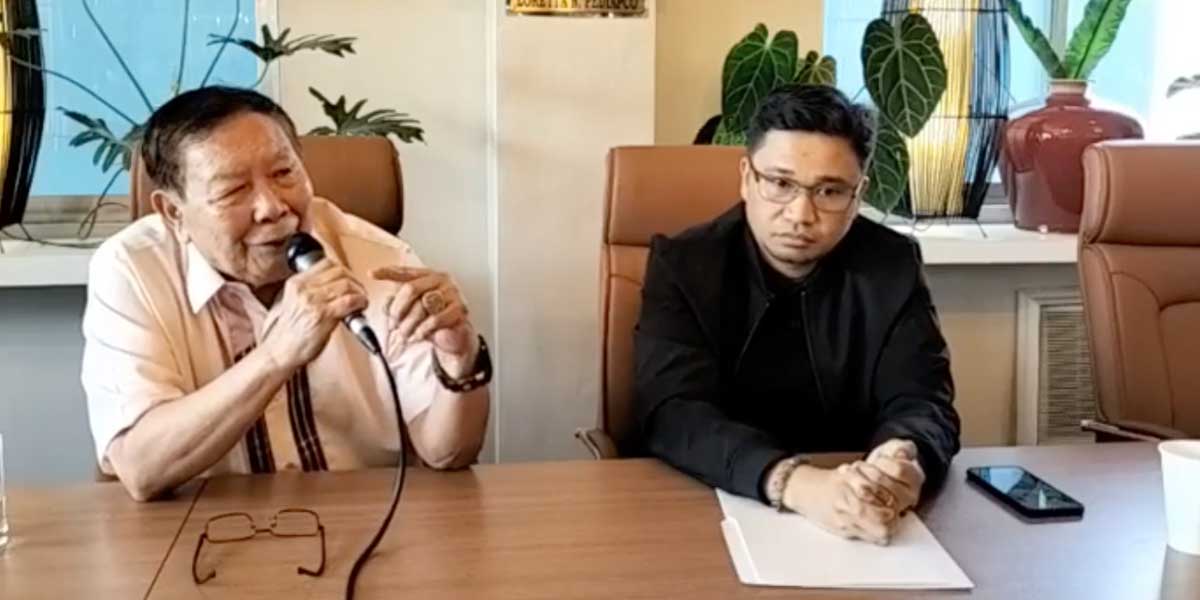
By Joseph B.A. Marzan
Antique Governor Rhodora Cadiao’s counsel on Monday said they would be challenging the findings of the Office of the Ombudsman that led to a graft case with the Sandiganbayan and the issuance of an arrest warrant against her last week.
Cadiao’s personal lawyer Pampross Pagunsan confirmed in a press conference on Monday that they had already posted the ₱90,000 bail in Kidapawan City in Cotabato.
The governor was on official business in Kidapawan when the warrant was released by the Sandiganbayan’s 7th division.
Kidapawan City Municipal Trial Court in Cities (MTCC) Presiding Judge Rebecca Elena De Leon issued the release order on Friday, June 9.
Pagunsan said that aside from a Motion to Quash the Information filed by the Office of the Ombudsman on the case, they will be filing a separate case questioning the office’s findings and to ask for a bill of particulars.
Under Section 9, Rule 116 of the Rules on Criminal Procedure, the accused in a case may ask for a bill of particulars to enable them to properly plead and to prepare for trial before the arraignment or the formal reading of the charges against the accused in court.
The party asking for the bill of particulars shall file a motion that shall specify the alleged defects of the complaint or information and the details desired.
In this case, Pagunsan pointed out that there were some “glaring” typographical errors in the warrant of arrest.
“We have not received the resolution of the Ombudsman in relation to this case, so upon receipt, we were able to see how the Office of the Ombudsman resolved the case, and we will be filing another case to question the findings,” Pagunsan said.
Antique Provincial Administrator Nery Duremdes, who was also present in the press conference, stressed that the accusation was not for graft and corruption, but merely non-signing of salaries, allowances, and benefits of the complainant.
“What Gov. Cadiao did was protect the provincial government of Antique, and in her aim to protect its interests, she became the victim of these accusations,” Duremdes remarked.
Duremdes added that the posting of the bail before the warrant was even served to Cadiao was to “frustrate” the “motive of humiliation” against her after it was widely reported on traditional and social media.
He cited the warrant being addressed to the top posts of the Philippine National Police and the National Bureau of Investigation, which he remarked to have been “unique”.
“Had the governor not posted bail, she could have been arrested anywhere, in a public place, where she would be helpless, and that, to our mind, […] would have been an insult to the entire people of Antique,” he expressed.
The case stemmed from a complaint filed by former Provincial General Services Office (PGSO) chief Antonio Dela Vega before the Office of the Ombudsman in 2018, accusing her of violating Section 3(e) of Republic Act No. 3019 (Anti-Graft and Corrupt Practices Act).
He alleged that Cadiao had failed to sign his Daily Time Record (DTR), which led to the non-release of his back salaries, representation and transportation allowances (RATA), and other entitled benefits.
The complaint was filed after the Civil Service Commission (CSC) in 2017 ordered Cadiao to reinstate Dela Vega to the PGSO, after reassigning him to a satellite office in Culasi town, far from the provincial capitol in San Jose de Buenavista town.
It was alleged in the Ombudsman’s filing with the Sandiganbayan that the provincial government owed Dela Vega up to ₱1.6 million in unreleased benefits between 2016 and 2018.
Pagunsan shared that an appeal on the CSC’s resolution is currently pending with the Court of Appeals.
But he also said that they would not make any further comments on the case, citing the Sub-Judice Rule under Section 19, Canon II of the Code of Professional Responsibility and Accountability.
The said rule prohibits lawyers from using “forum or medium to comment or publicize opinion pertaining to a pending proceeding before any court, tribunal, or other government agency” that may cause pre-judgment, sway public perception so as to influence the body or tarnish their integrity, impute improper motives, or create a widespread perception of guilt before a final decision.


